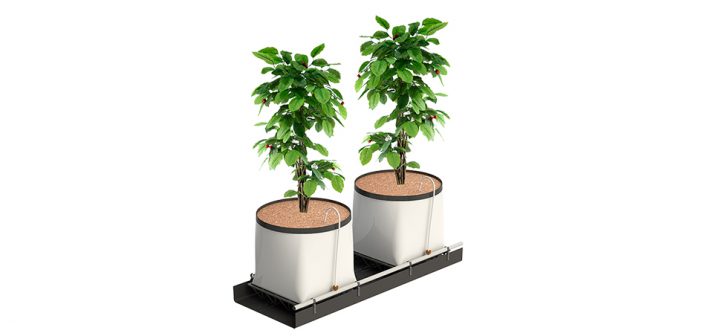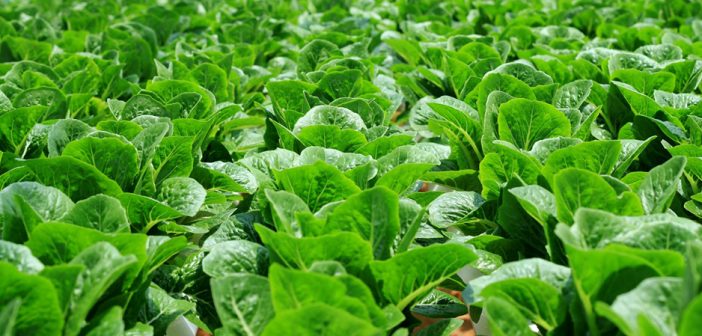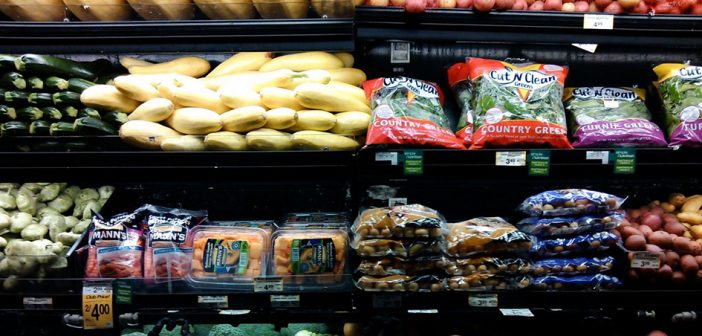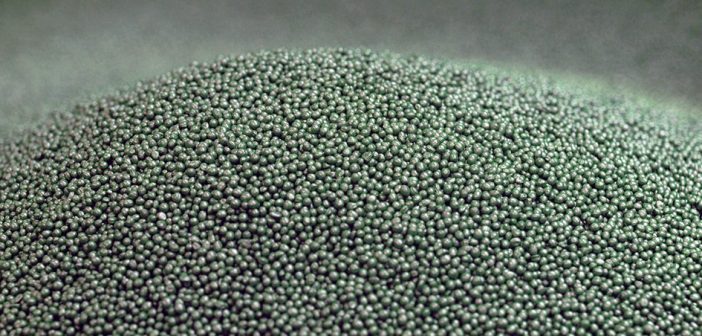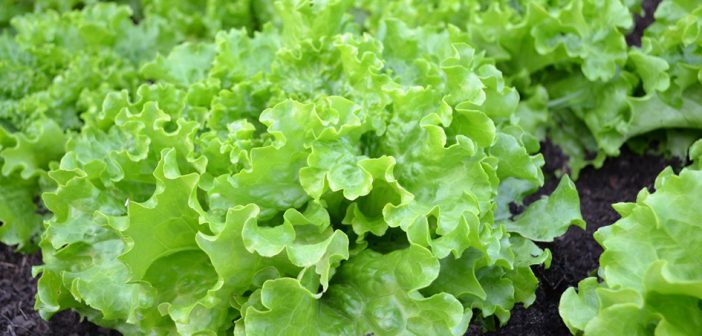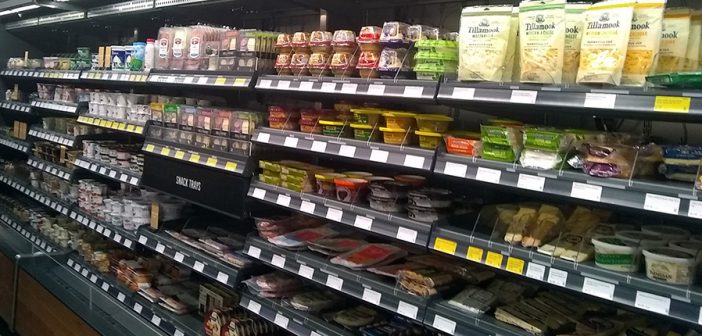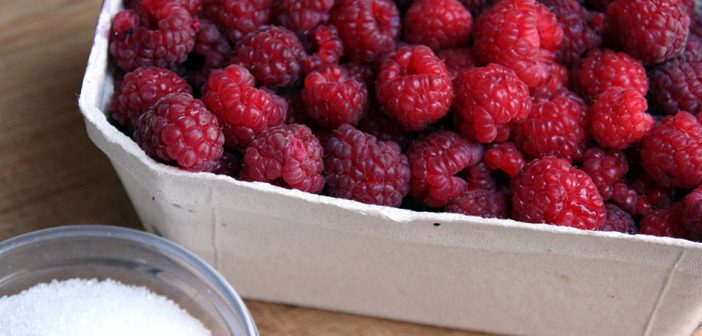This week sees the re-trial of two former Tesco executives begin at Southwark Crown Court in London after their first trial in February was called off.
Christopher Bush, 52, former managing director of Tesco UK, and John Scouler, 50, former UK food commercial director, are both charged with one count of fraud by abuse of position and one count of false accounting. Both deny the charges.
The case resulted from an overstatement of Tesco’s profit forecast in 2014 which plunged the company into turmoil and led to several senior members of staff being suspended.
According to the legal indictment, Bush and Scouler concealed Tesco’s true financial position from its auditors and other employees between Feb. 1, 2014 and Sept. 23, 2014. Legal representatives for Bush and Scouler declined to comment ahead of the trial.

Photo Caption: Christopher Bush pictured during his time at Tesco.
Photo Credit: Adrian Brooks/Imagewise
The post Re-trial of Tesco executives begins this week appeared first on Hort News.

